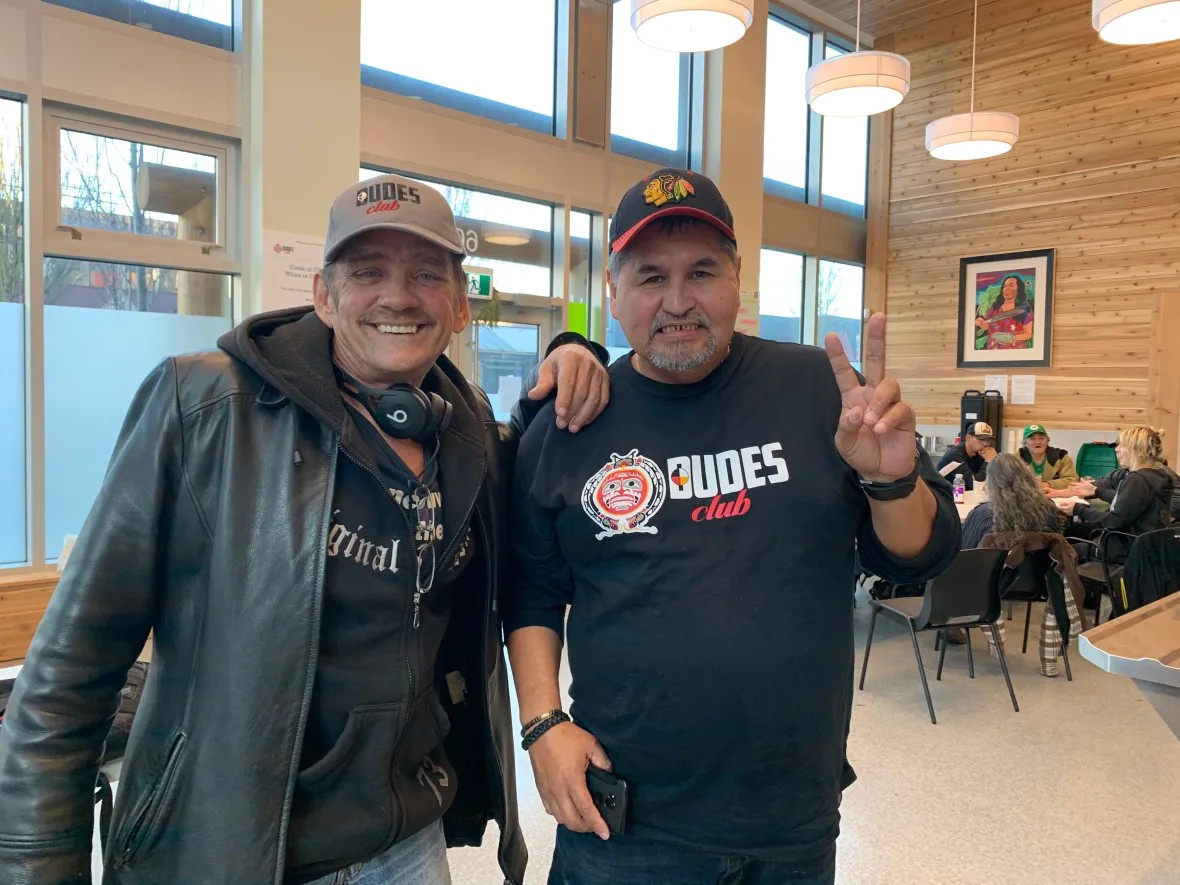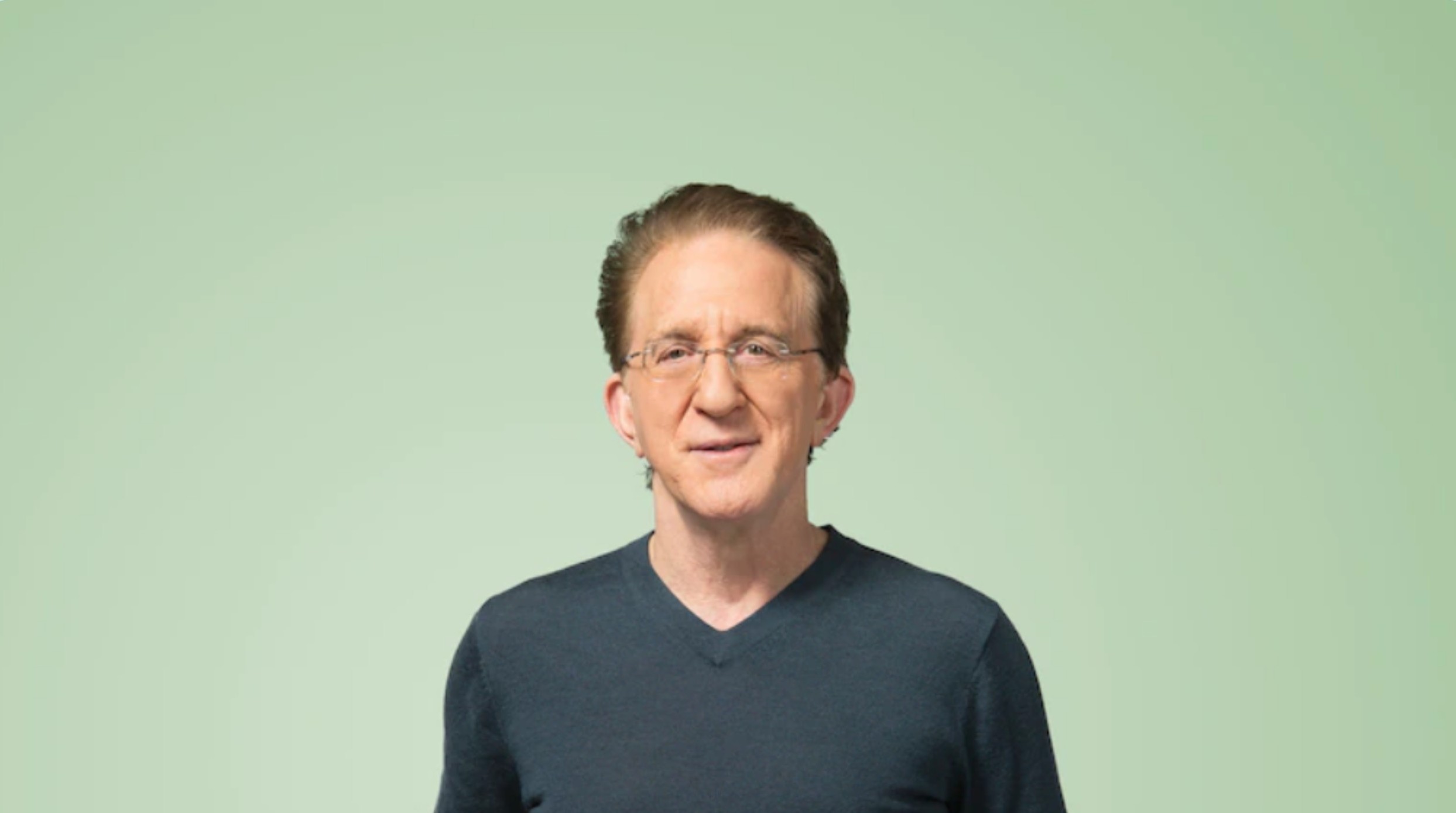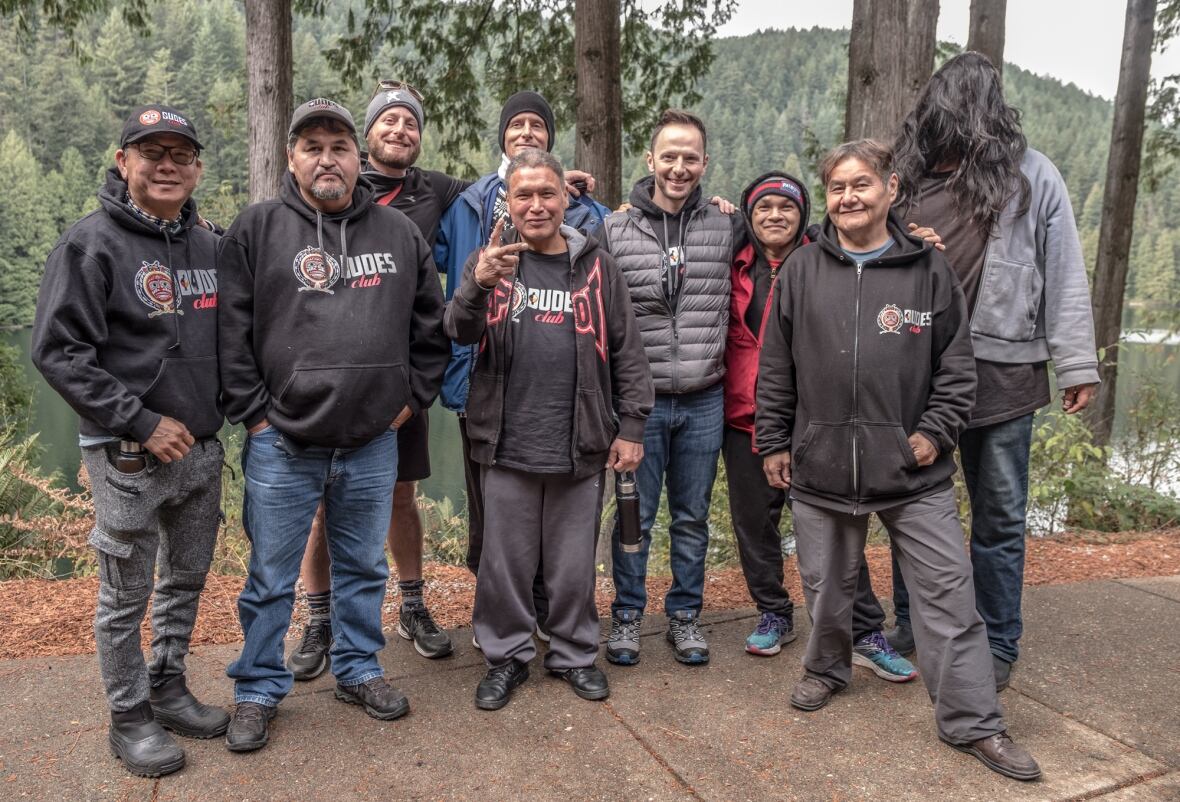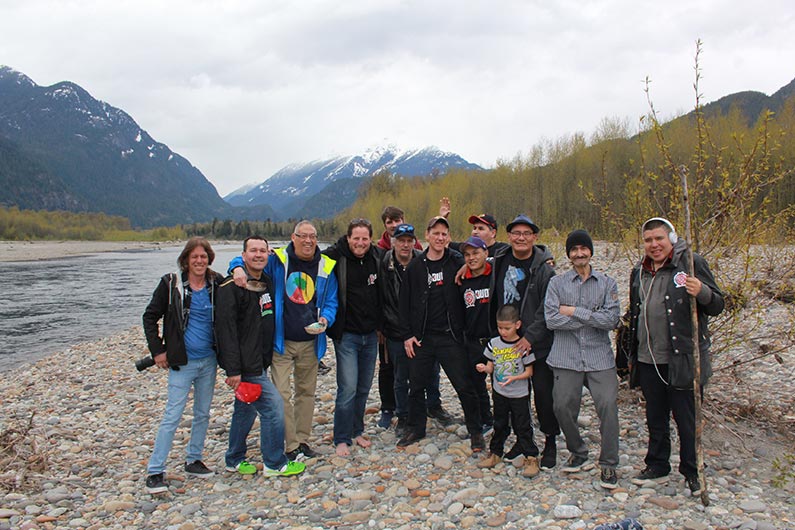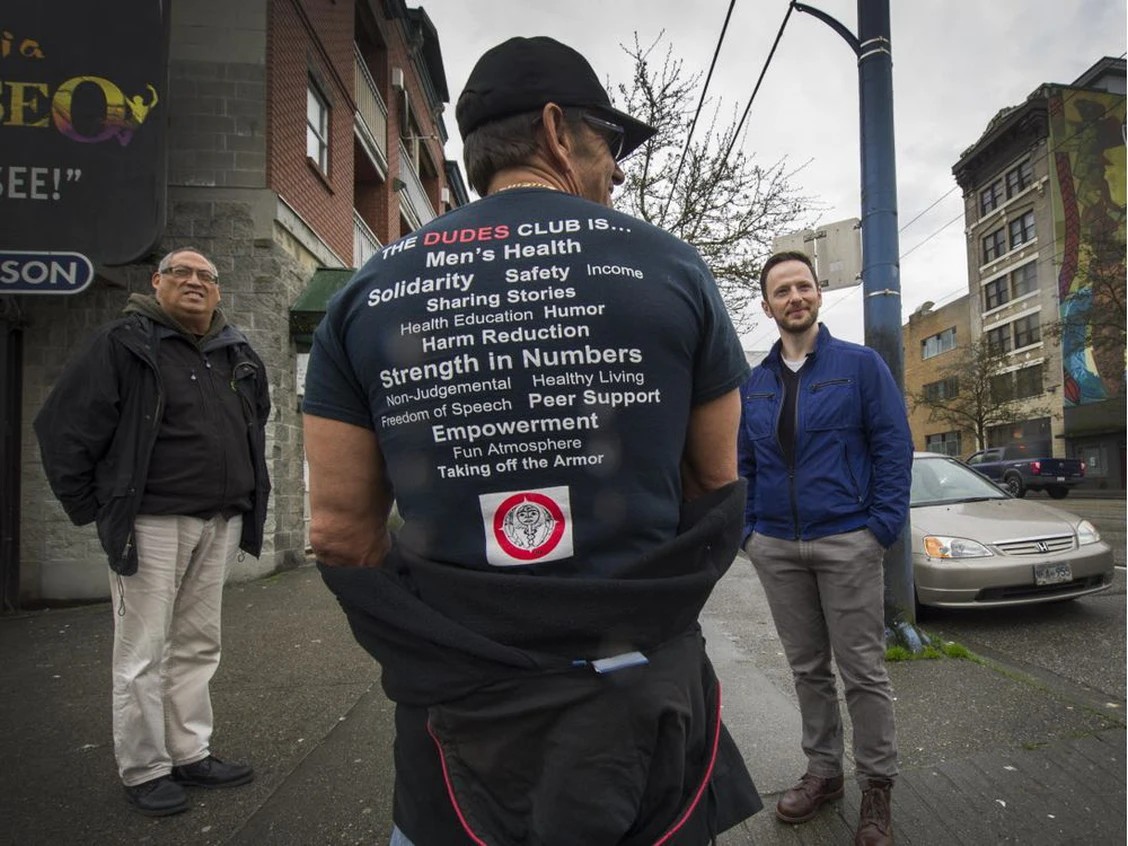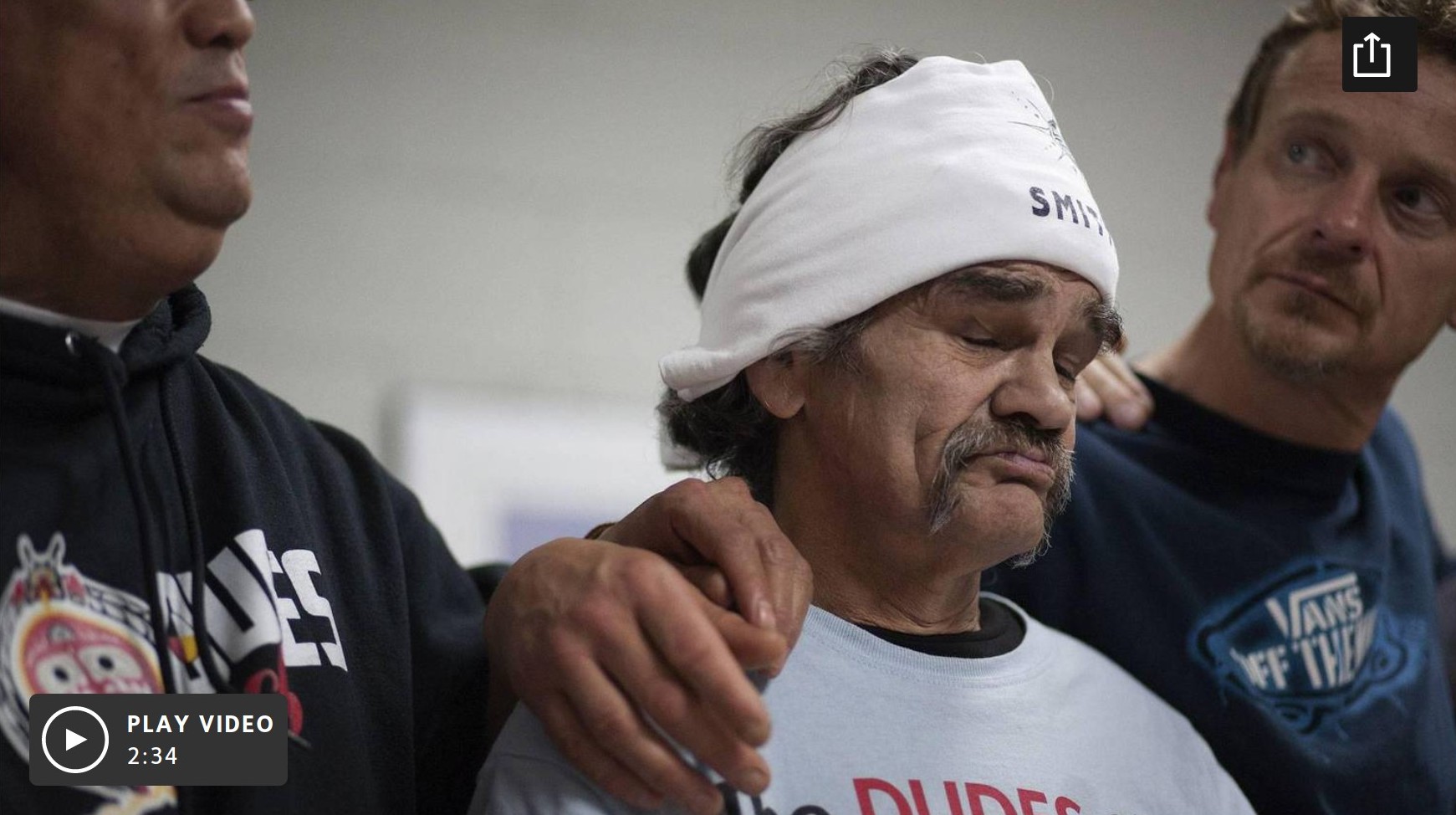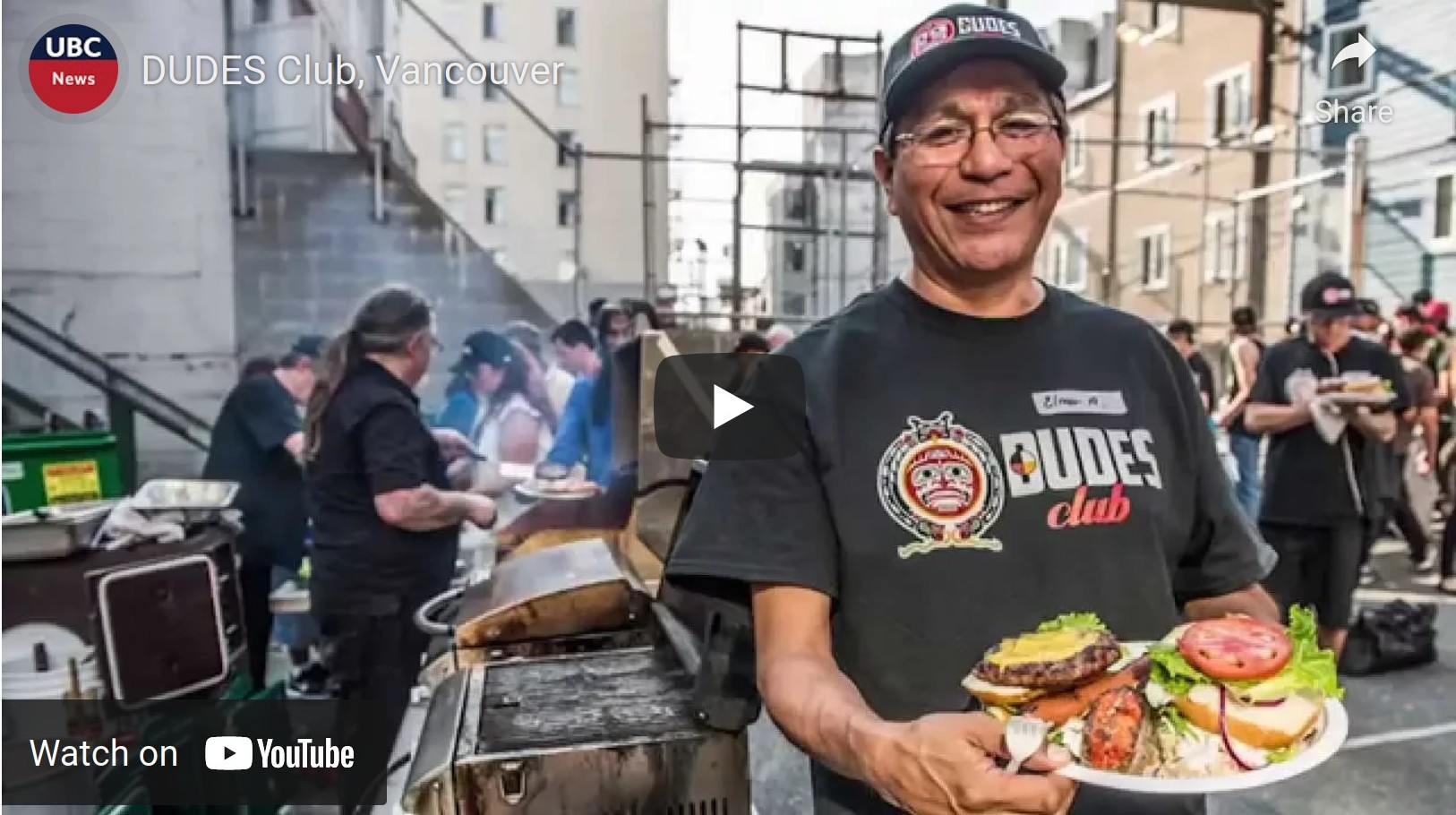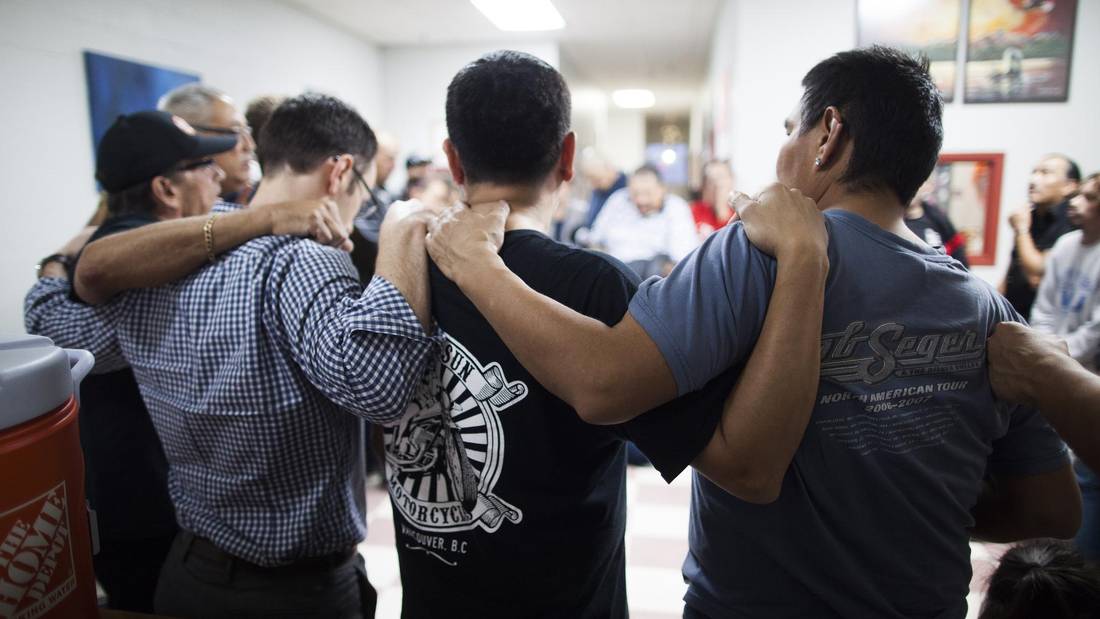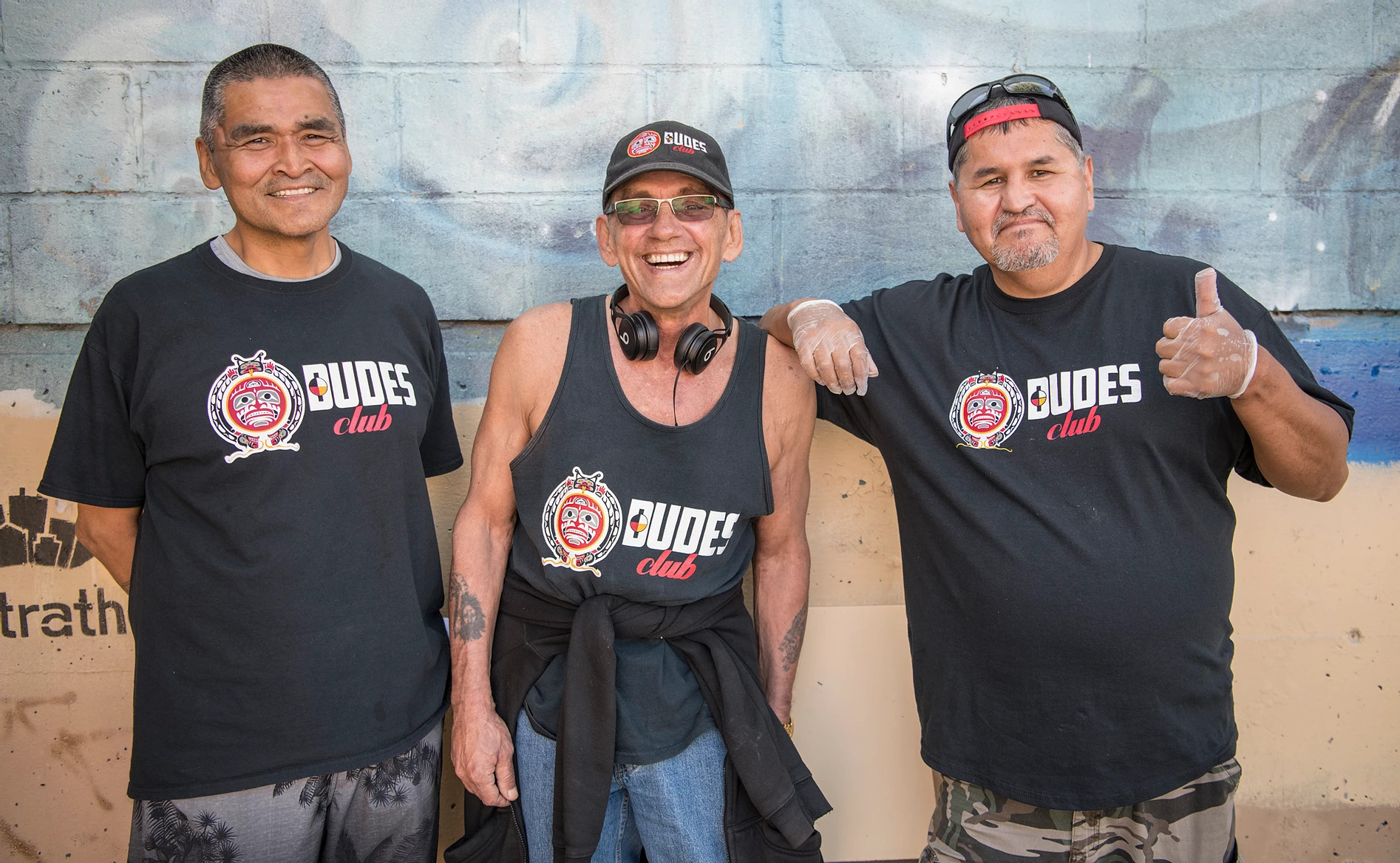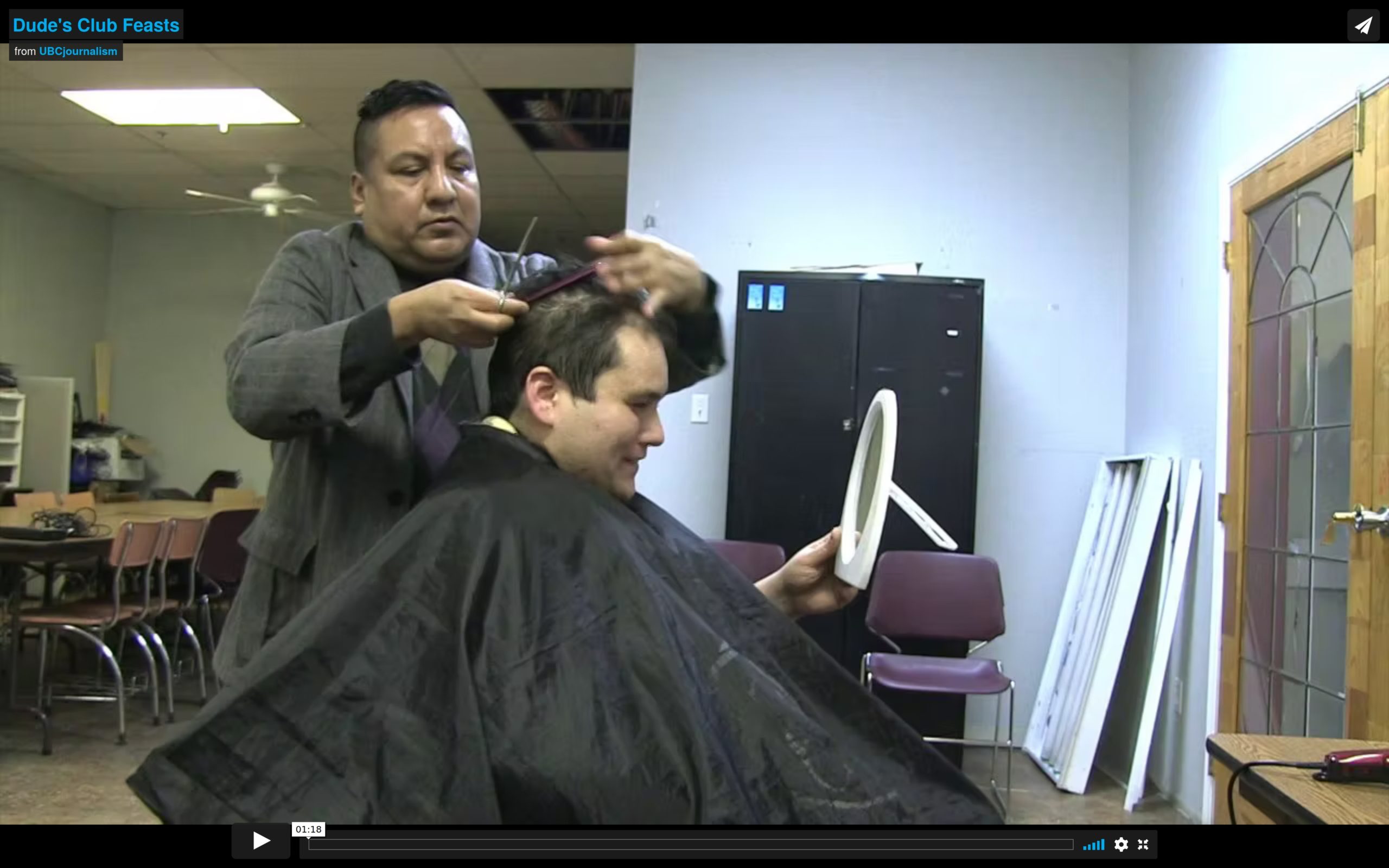Located in a newly-built drop-in centre in Vancouver’s Downtown Eastside, the DUDES Club provides a meeting place for men to connect with each other, their communities, and the healthcare system. It’s led by local men. DUDES is an acronym for Downtown Urban Knights Defending Equality and Solidarity.
Research shows that the club is making a real difference in its members’ lives, in a neighbourhood in which the average male lifespan is 15 years less than the average Canadian.
The members, two-thirds of whom are Indigenous, say that the club has helped them deal with their health issues as well as their challenges of loneliness, addiction, cultural isolation, and abuse. The club motto is simple: Leave your armour at the door.
